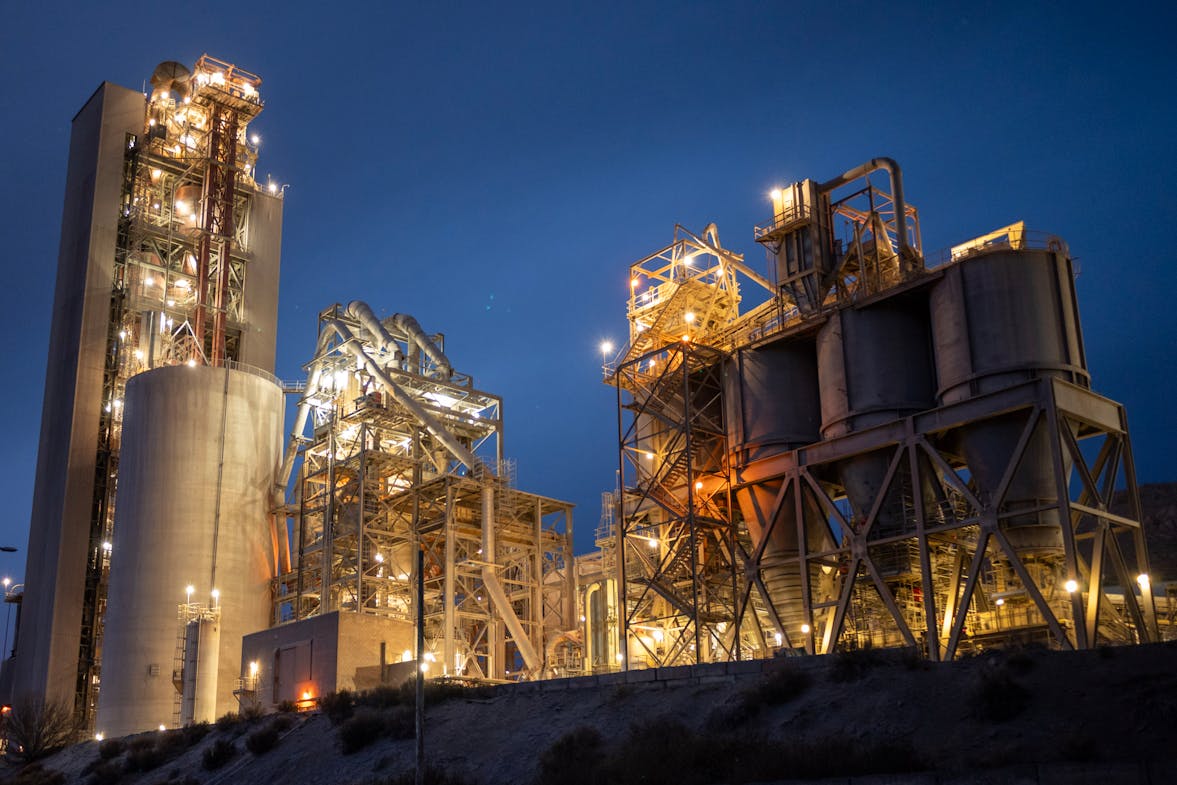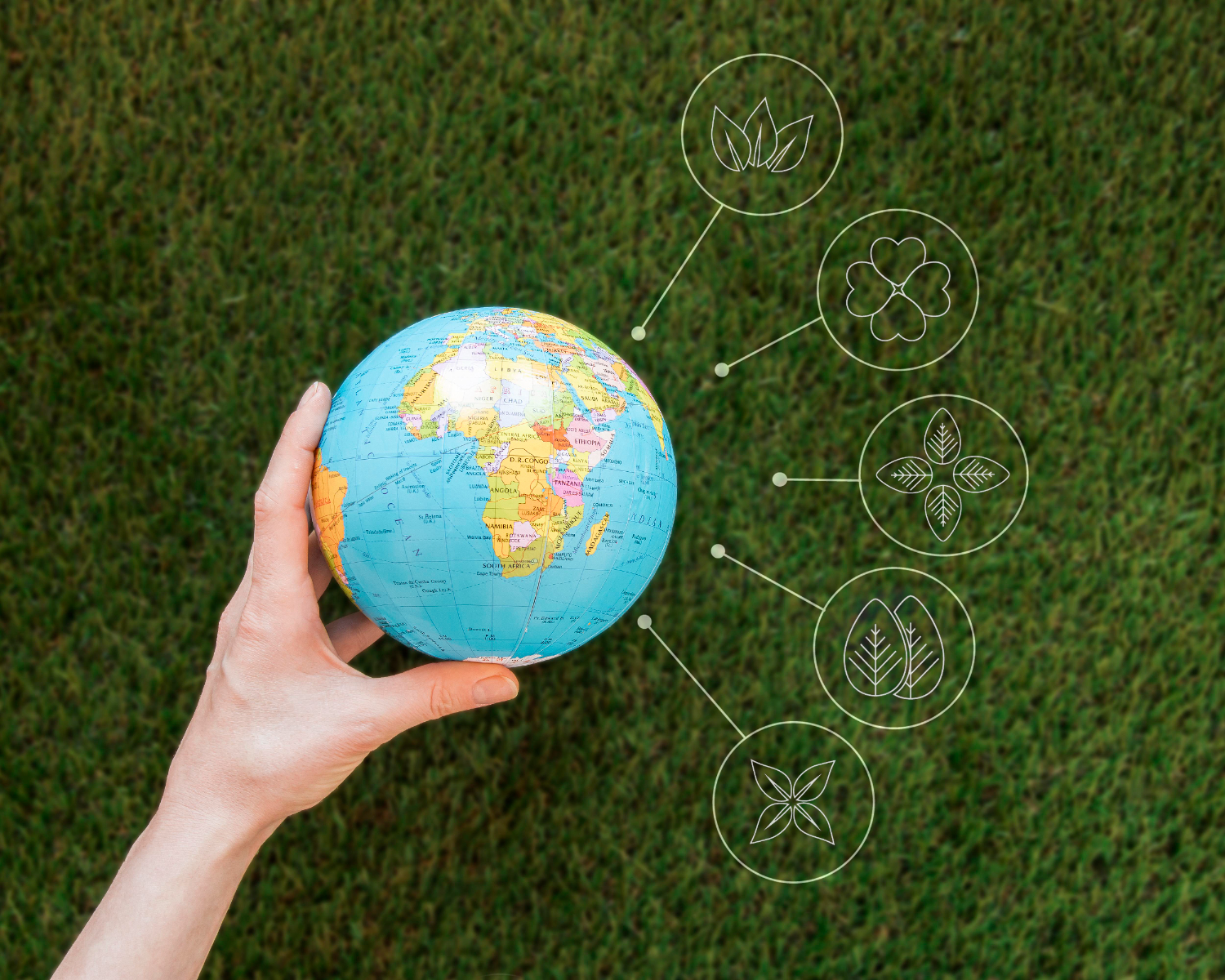KfW Bank Announces Ambitious €10 Billion Green Bond Issuance for 2025
In a bold move towards reinforcing its leadership in sustainable finance, German development bank KfW has announced plans to issue €10 billion in green bonds in 2025, as part of a broader capital market funding strategy aimed at raising between €65 billion and €70 billion. This initiative is part of a decade-long commitment to green […]
Continue Reading





